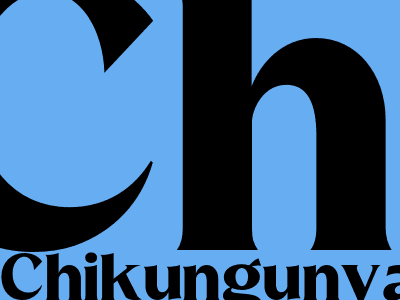
Chikungunya Patient Diet
Chikungunya Patient Diet: Healing and Recovery
Understanding Chikungunya
Chikungunya is a viral infection spread by mosquitoes that causes fever, joint pain, and inflammation. The virus can cause temporary or long-term symptoms and may lead to complications if not managed properly. A nutritious diet plays a crucial role in supporting the immune system, reducing inflammation, and promoting recovery.
Nutritional Guidelines for Chikungunya Patients
Hydration:
Adequate hydration is essential to flush out toxins, lubricate joints, and prevent dehydration. Aim for 8-10 glasses of fluids daily, including water, electrolyte drinks, herbal teas, and fruit juices.
Anti-inflammatory Foods:
Inflammation is a primary symptom of chikungunya. Incorporate anti-inflammatory foods such as fruits (berries, cherries, pineapple), vegetables (leafy greens, tomatoes, turmeric), and spices (ginger, garlic, cinnamon).
Immune-Boosting Foods:
A strong immune system aids in fighting the infection. Consume foods rich in vitamins C, D, and zinc, such as citrus fruits, fortified milk, lean meats, and nuts.
Easy-to-Digest Foods:
During the acute phase of chikungunya, digestion may be impaired. Opt for easily digestible foods like soups, broths, cooked vegetables, and soft fruits.
Nutrient-Dense Foods:
Focus on nutrient-dense foods that provide energy and essential vitamins and minerals. Include whole grains, lean proteins, fruits, and vegetables.
Specific Foods to Include and Avoid
Foods to Include:
* Fruits: Berries, cherries, pineapple, bananas * Vegetables: Leafy greens, tomatoes, turmeric * Spices: Ginger, garlic, cinnamon * Lean proteins: Chicken, fish, tofu * Whole grains: Brown rice, quinoa, oats * Nuts: Almonds, walnuts, cashews
Foods to Avoid:
* Processed foods * Sugary drinks * Fried foods * Red meat * Alcohol
Additional Tips
* Eat small, frequent meals to minimize digestive discomfort. * Choose nutrient-rich snacks like fruits, vegetables, and nuts. * Listen to your body and rest when needed. * Consult with a healthcare professional or registered dietitian for personalized dietary advice. * Stay positive and maintain a healthy outlook.
Conclusion
Following a nutritious diet is crucial for the recovery and well-being of chikungunya patients. By incorporating anti-inflammatory, immune-boosting, and easily digestible foods, patients can support their immune system, manage inflammation, and promote healing. Remember to hydrate adequately and consult with a healthcare professional for tailored guidance.
Komentar